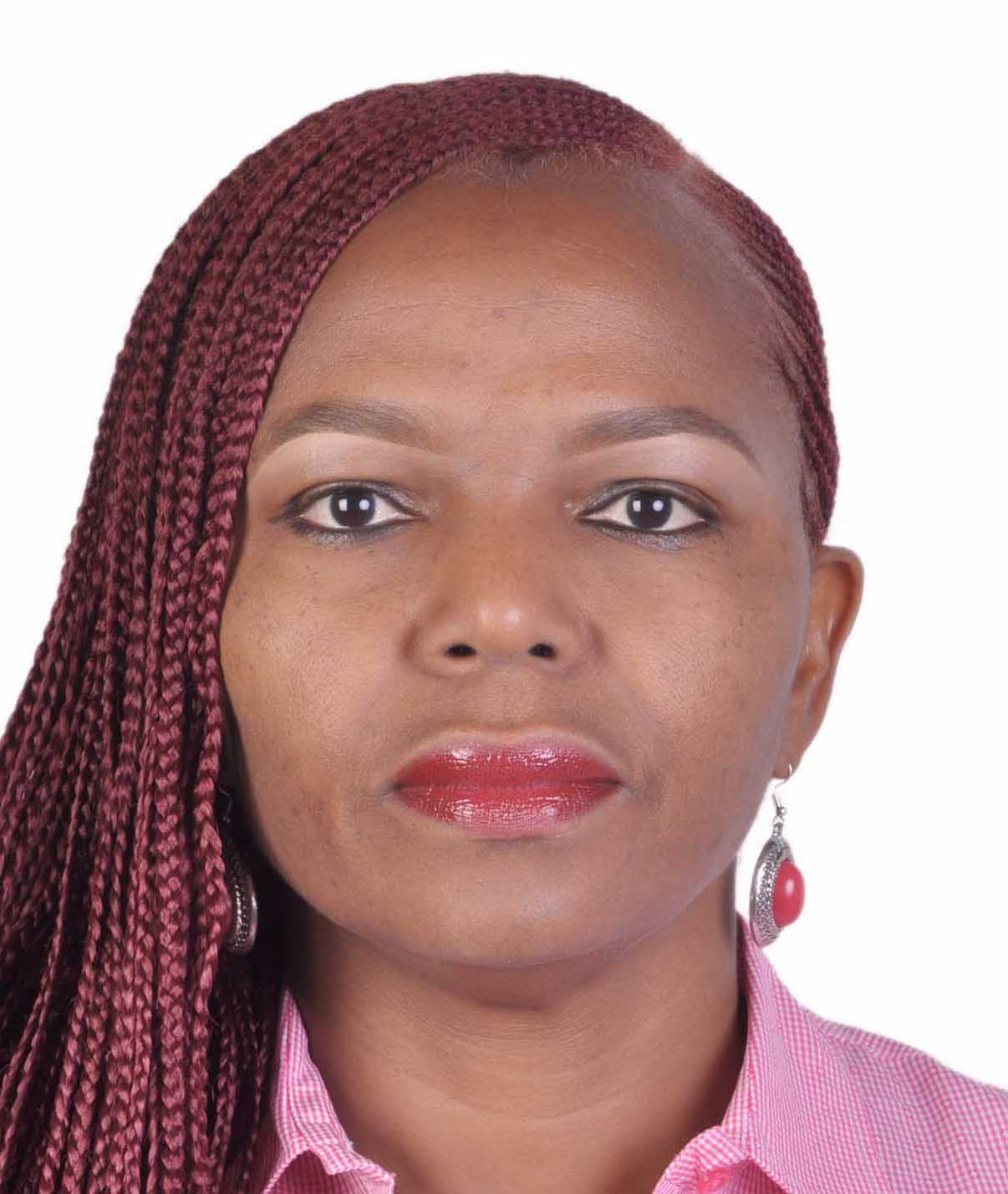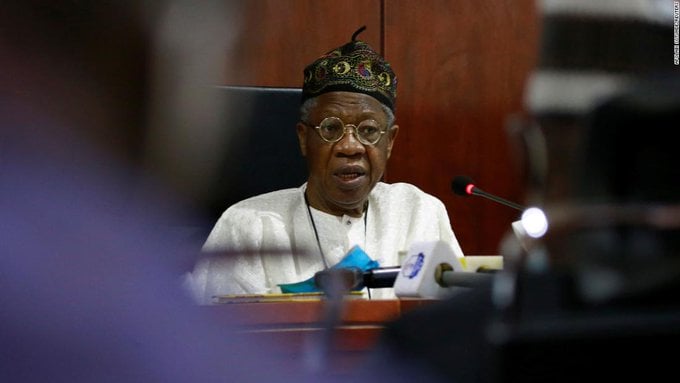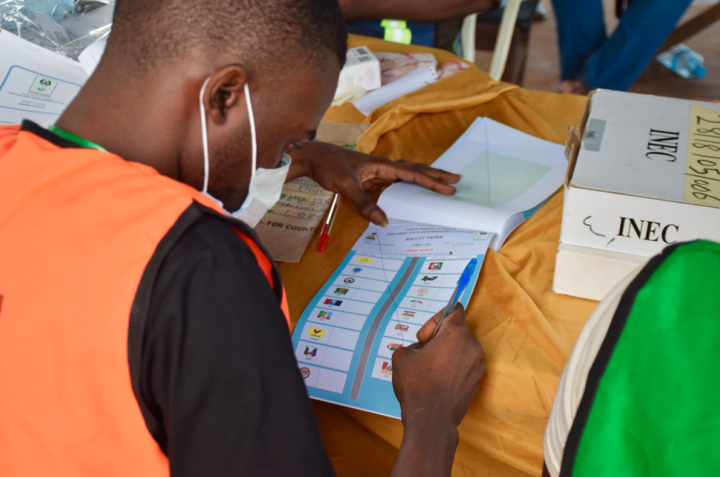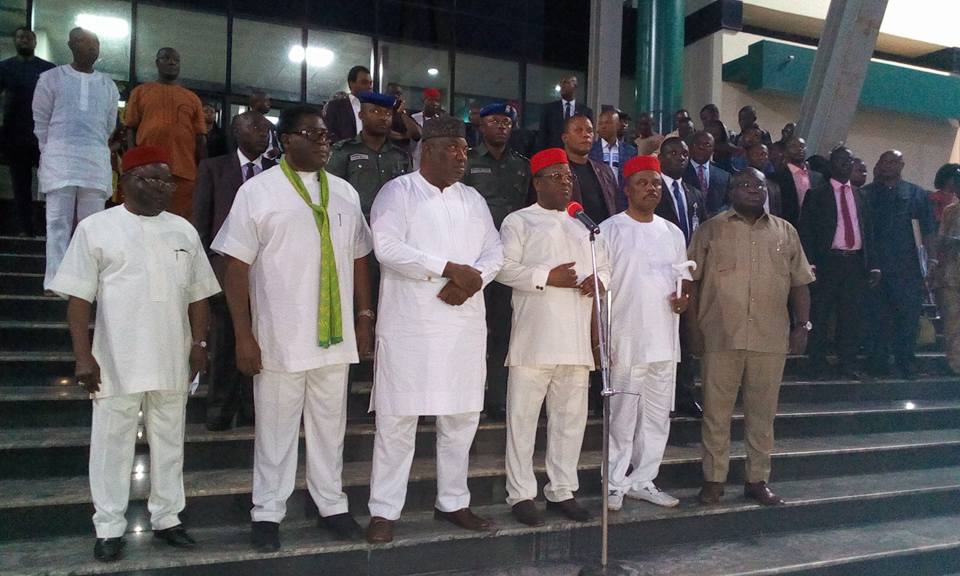On Wednesday November 18, 2020, almost one month to the day, the Cable News Network, CNN, released a report on the Lekki toll gate massacre of peaceful #EndSARS protesters, allegedly by soldiers in Lagos, on October 20, 2020. The report generated reactions from around the world especially in Nigeria as many felt vindicated by the network’s investigation and revelations. Since the horrendous Lekki massacre, there have been many conflicting stories and an obvious attempt to discredit eyewitnesses’ accounts. Even though many followed the events as they unfolded in real time on Instagram and other social media platforms, the official government view has been to discountenance all that seeing as social media is now considered a bigger threat than even Boko Haram. The CNN report arrived in the midst of the confusion. Little wonder many Nigerians, especially #EndSARS protesters responded to the 6-minute report like they had scored a win, which is understandable. However, what doesn’t make much sense is the federal government’s response to that CNN report.
In a swift reaction, speaking on behalf of the federal government, Alhaji Lai Mohammed, minister of Information and Culture held a press conference, the very next day, to address the CNN report. He didn’t mince words in upbraiding CNN. And he didn’t just stop at refuting their report, he also questioned their professionalism and motives. The kicker was Lai Mohammed’s threat of sanctions. Here are excerpts of the minister’s press conference:
“Like everyone else, I watched the CNN report. I must tell you that it reinforces the disinformation that is going around, and it is blatantly irresponsible and a poor piece of journalistic work by a reputable international news organization…This is very serious and CNN should be sanctioned for that…Were CNN reporters and cameramen at the Lekki toll gate that evening…? The answer is no…At this point, the federal government is very satisfied with the role played by the security agencies especially the military and the police. If there’s anybody who knows anybody whose son or daughter or ward is missing or who was at the toll gate …” they should proceed to the judicial panel.
Not quite done, Lai Mohammed sent a letter to CNN’s headquarters in the US. Like the press conference, the rather wordy letter sought to re-emphasise some of the minister’s earlier statements. Although the authors of that letter might think it “strongly-worded,” it’s a mix of lamentable rambling. It definitely was not written from a position of strength: Why didn’t CNN investigate this angle? How come the BBC correspondent had a more favourable report of the same event, yak yak yak. If the minister knew there was going to be letter, what was the point of the press conference?
Advertisement
What did CNN do? Not only did they stand by their report as they immediately responded to Lai Mohammed’s press conference, on Tuesday November 24, it ran a second report titled: “CNN Exclusive-How a bloody night of bullets and brutality quashed a young protest movement.” As at the time of writing, Alhaji Lai Mohammed had not yet responded to this latest CNN report.
At this juncture, it’s important to understand some background. Prior to CNN’s first report, and as earlier mentioned, the events of that Black Tuesday had become familiarly contentious. First, the Nigerian Army denied deploying soldiers to the Lekki toll gate on the day calling the reports ‘Fake News.’ By the way, Fake News appears to be the favourite tag of the Nigerian Army’s social media handles and no one bats an eye when what was once called ‘Fake News’ turns out to be true. And true to what’s fast becoming a tradition, the Army soon changed its story again: They agreed they were at the Lekki toll gate but only fired blank ammunition. Then their story changed yet again. At this point, I’m not quite sure about the latest version of the Nigerian Army’s story concerning the Lekki toll gate massacre. With its shifting accounts, how can anyone trust or believe the Army? However, the short of it is that there’s no longer any arguments over these basic facts: The Nigerian Army sent some soldiers to the Lekki toll gate. Shots (possibly with live ammunition) were fired at protesters (or fired into the air), and some unarmed defenceless youth were killed.
Why Make A Bad Case Worse?
Advertisement
Against this backdrop, Lai Mohammed must’ve known that he was in a very difficult position. So, knowing what we now know, what was Lai Mohammed hoping to achieve with his original press conference? Threaten CNN to submission? Or does he plan to fine CNN? You bet we could use some US dollars. It isn’t the idea of the press conference that wasn’t such a good idea, it’s the ‘power-miss-road’ empty boasts by way of threatening to sanction CNN. As if it’s a Nigerian entity. ‘Honourable minister sir, CNN is not Arise TV or Channels TV.’
Granted, our government is anything but dynamic. Even though the Buhari administration came into power in 2015 screaming “Change,” it’s far more convenient for them to fall back on military style of rulership. One of the dividends of this system is muzzling free speech. A lot of “progress” appears to have been made in this regard. In the immediate aftermath of the Lekki toll gate massacre, the federal government through the National Broadcasting Commission, NBC, fined three TV stations: AIT, Arise TV and Channels TV, N3m each, over what the NBC termed ‘unprofessional conduct.’ And for good measure, one of the three stations got an extra fine (to be fixed at the NBC’s discretion). Meanwhile, the NBC Code which is the basis these fines were given, is far from ideal. The chairman of the NBC Board Ikra Bilbis, claimed the board was not carried along in the amendment of the NBC Code. He claimed that Information minister ‘acted alone.’ So far, it seems like Lai Mohammed is winning (or at least believes he is winning) the war against fake news.
Looking in from the outside, this government seems to consider Nigerian citizens as less than and below whatever measuring scale they’re using; and deals with them accordingly. Which is often condescending with barely veiled contempt. There’re also the subtle and not so subtle threats. For instance, after the massacre of October 20, Femi Adesina was of the opinion that things could’ve been bloodier had president Buhari not been overwhelmed with his famed fatherly love: “If President Buhari hadn’t exercised the restraint and tolerance of a father, at a time that even hitherto respected people instigated the protesters to carry on (and they promptly went underground when anarchy ensued), we would have been talking of something else in the country. The rivers of Nigeria could have turned crimson and mourning and lamentations would have suffused the land. But we are thankful for the father in President Buhari, patient and enduring, almost to a fault.”
What Should Lai Mohammed Have Done?
Advertisement
I suppose one option would’ve been not to say anything at all. What’s the worst that could’ve happened? After all, some local media had published similar news and government couldn’t be bothered to respond. In the heat of the COVID-10, Nigerians were crying to be addressed by supposed leaders. Nonetheless, in spite of this ‘wisdom’ (of ignoring local media) that currently pervades the government, there’s a still better way to for government to communicate with its various stakeholders. I’m not sure it’s possible to change how government officials speak to us as Nigerians. But some caution is needed when speaking to the likes of CNN.
For instance, the Information minister must have known that he didn’t really have a case to take on a medium like CNN. For one, there’s the tiny matter of CNN not being like the harried local TV stations who’re under constant fear of being fined millions of naira. Towards this end, it would’ve been better for Lai Mohammed to try a soft approach. He could’ve made some polite noises, something to this effect: CNN not being fair to the Nigerian government because after all there’s an ongoing judicial panel, government wouldn’t want to pre-empt the findings of the panel, every Nigerian life is important, the Nigerian government is committed to getting to the bottom of the matter, etc. Then end by reiterating that his office operates an open-door policy and is willing to respond to any questions CNN may have, bla, bla.
By the way, the reference to AIT here is not an attempt to put down the TV station. It’s meant to draw attention to the harassment faced by the local media.
Onoshe Nwabuikwu, AIRTIME columnist is a renowned TV/Film critic, and Film scholar. She also has experience in Advertising as a senior Copywriter and Corporate Communications as Communications consultant. Email: [email protected]
Advertisement
Views expressed by contributors are strictly personal and not of TheCable.
Add a comment







